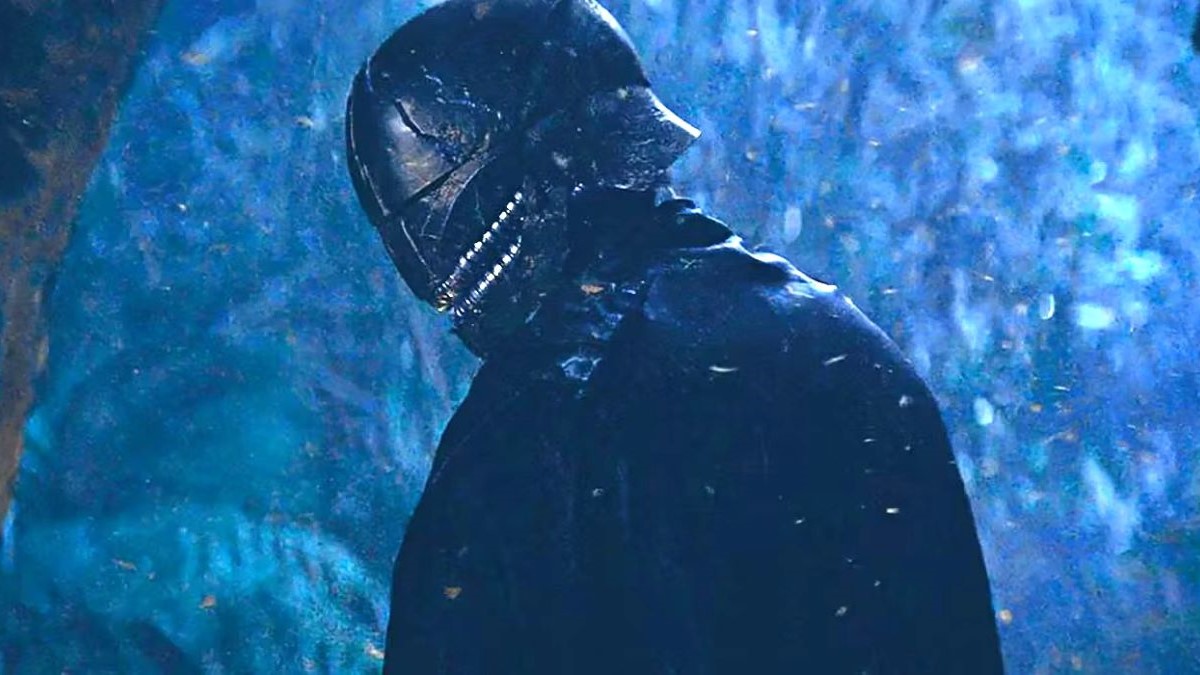Warning: Spoilers for The Acolyte to follow.
Episode five of The Acolyte has descended upon us, and by now it’s clear that Leslye Headland’s mystery thriller is some of the purest Star Wars we’ve gotten in a long time, warts and all.
Indeed, the writing and dialogue doesn’t seem to be getting any better at this point, but there’s no denying that “Night” featured some of the most dazzling lightsaber combat out there, and it’s probably safe to expect future episodes of The Acolyte to focus on that cartoonish fun factor that George Lucas originally built the franchise on. It’s definitely a choice, but as long as there’s honesty and competency in that choice, power to it.
You may have quirked an eyebrow upon seeing some of Qimir’s unorthodox fight moves; specifically, his choice to deliver a full-on headbutt to the Jedi’s lightsabers in order to damage them and subsequently leave them open to attacks. This stunt was made possible by cortosis, the substance that Qimir’s helmet is composed of.
Simply put, cortosis is a metal that, during and shortly after the High Republic era, could be found on the planets Dinzo and Mokivj. Brittle unless refined, cortosis was capable of deflecting both blaster beams and lightsaber energy, and would go on to play a major role in the Clone Wars, as it was to be used as an ingredient for the armor used by Separatist forces against the Galactic Republic (and later by clones for what would become Order 66). Anakin Skywalker, however, sabotaged Mokivj’s cortosis mines to put an end to the production, which inadvertently devastated the planet in its wake.
The Acolyte is currently streaming on Disney Plus, with new episodes releasing every Tuesday until the season finale on July 16.
